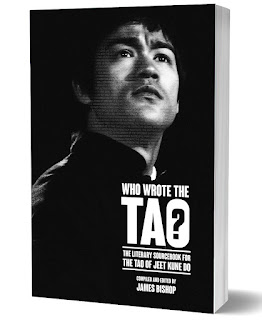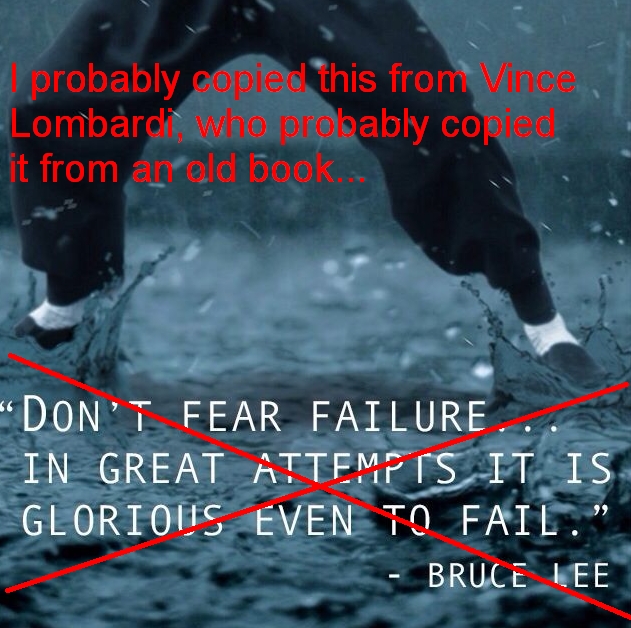Did Bruce Lee Say Something About The Best Fighter Is Not a Boxer, Karate, or Judo Man?

Did Bruce Lee Say something about the best fighter is not a Boxer, Karate, or Judo Man? Introduction I've seen the image above (without my annotations) circulating on social media. I decided to investigate. The quote is supposedly "The best fighter is not a Boxer, Karate or Judo man. The best fighter is someone who can adapt on any style. He kicks too good for a Boxer, throws too good for a Karate man, and punches too good for a Judo man." You can easily find it at generally unsubstantiated "quote" sites like so-called "quotable quotes" from Bruce Lee on Goodreads. I won't link it here because I don't need to reinforce its algorithmic value. The Sources I checked the Bruce Lee Library and other sources and found nothing at all like this quote. In fact, Bruce Lee barely used the term "best fighter" at all, as far as I could determine. Only in the book Bruce Lee: The Tao of Gung Fu did I find something attributed to Bruce that used...





